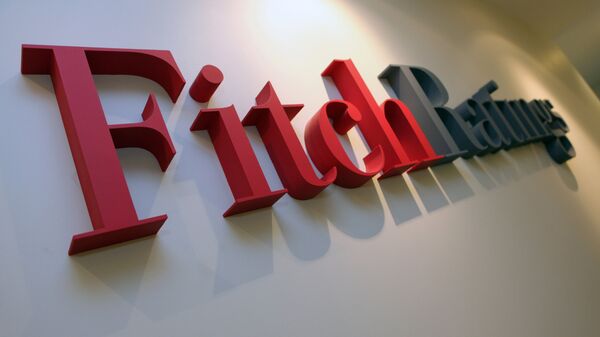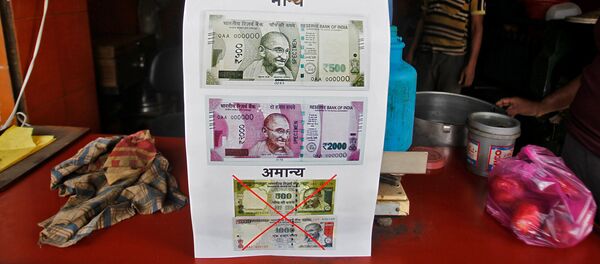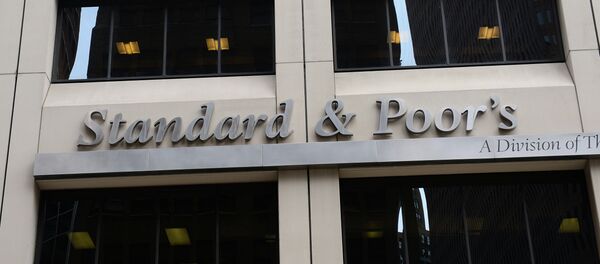"India is not immune to external shocks, but country's strong external finances make it less vulnerable than many of its peers, but weak public finances continue to constrain India's ratings," the Fitch statement said. Further, it said that it is "not likely" that Indian government's budgeted INR 700 billion capital injection into banks between FY16 and FY19 will be sufficient.
Parekh's views are shared by many in academia as well. "It is true that debt levels are high relative to other stronger economies and banks are grappling with bad loans. But it also cannot be ignored that India is undertaking reforms and inflation targets too are under control," Dr. Surojit Das, Assistant Professor at the Department of Economic Studies and Planning at the New Delhi-based Jawaharlal Nehru University, told Sputnik.
India has been critical of rating agencies like Moody's, S&P, and Fitch for pegging its credit rating to the much lower BBB- level despite recent economic growth and stable macroeconomic indicators.
The Narendra Modi government has maintained that the agencies have ignored the steady decline in India's debt burden and fiscal strength in recent years.
India's concerns over the methodology adopted by rating agencies have been shared by other BRICS member countries, including Russia, China, South Africa and Brazil, prompting the multilateral body to set up an independent rating agency based on market-oriented principles.
During his recent India visit, Shanghai-based New Development Bank (NDB) President K.V. Kamath said the work on establishing an alternative credit rating agency led by the BRICS bloc is underway. A BRICS rating agency will make the global governance architecture more transparent and democratic.
The idea of a BRICS rating agency emerged during the 2015 BRICS summit in Ufa and was affirmed by the Goa Declaration at the eighth BRICS Summit.
BRICS has started engaging financial experts on a business model for the new rating agency as well as what methodology it would adopt to rate itself and others.




